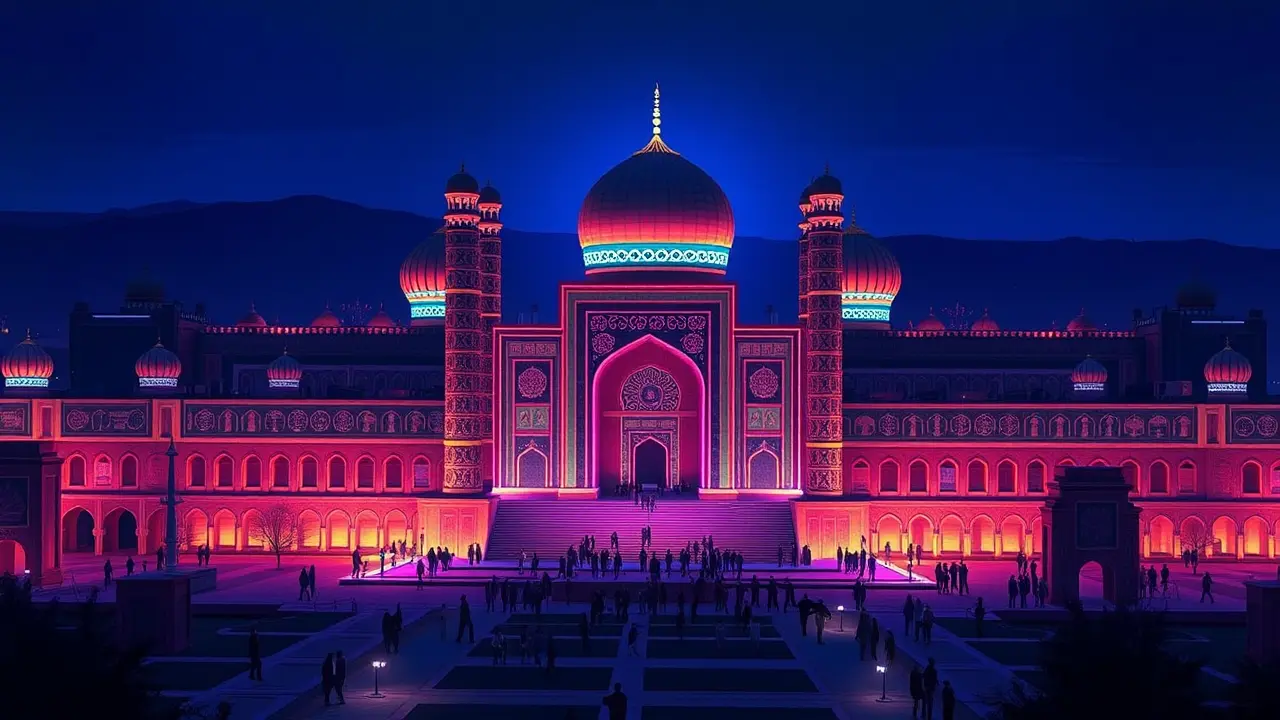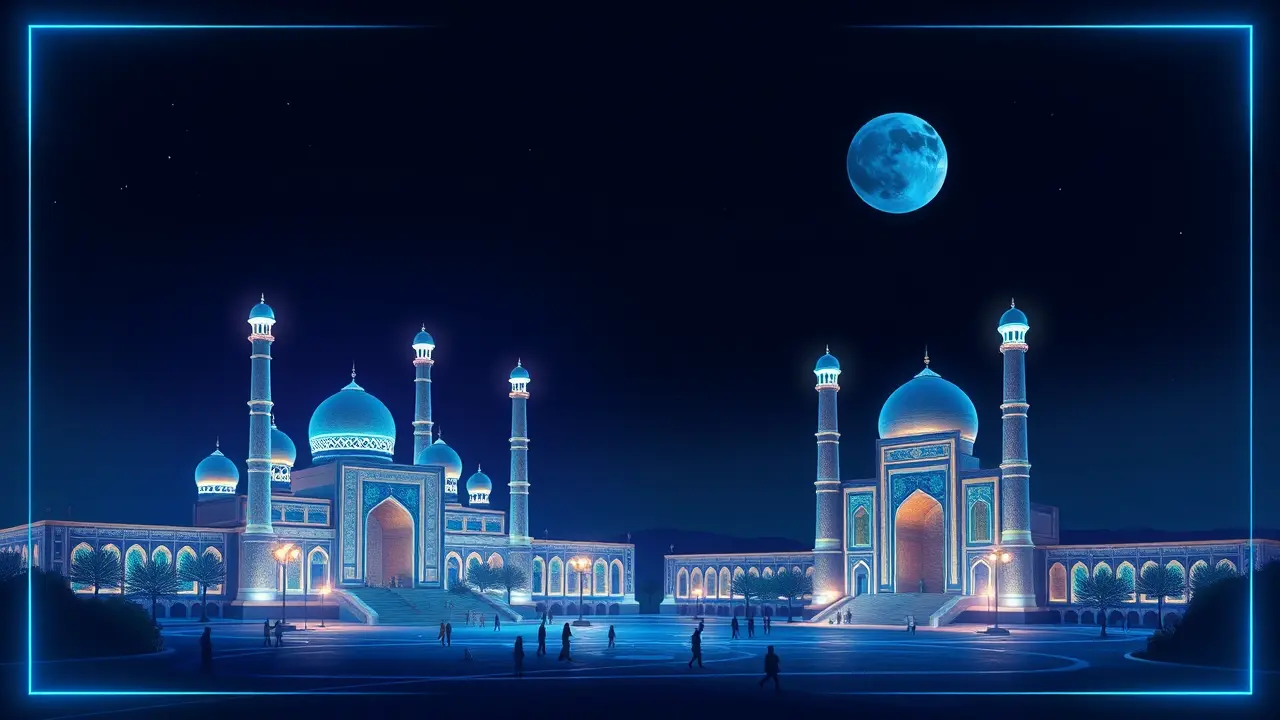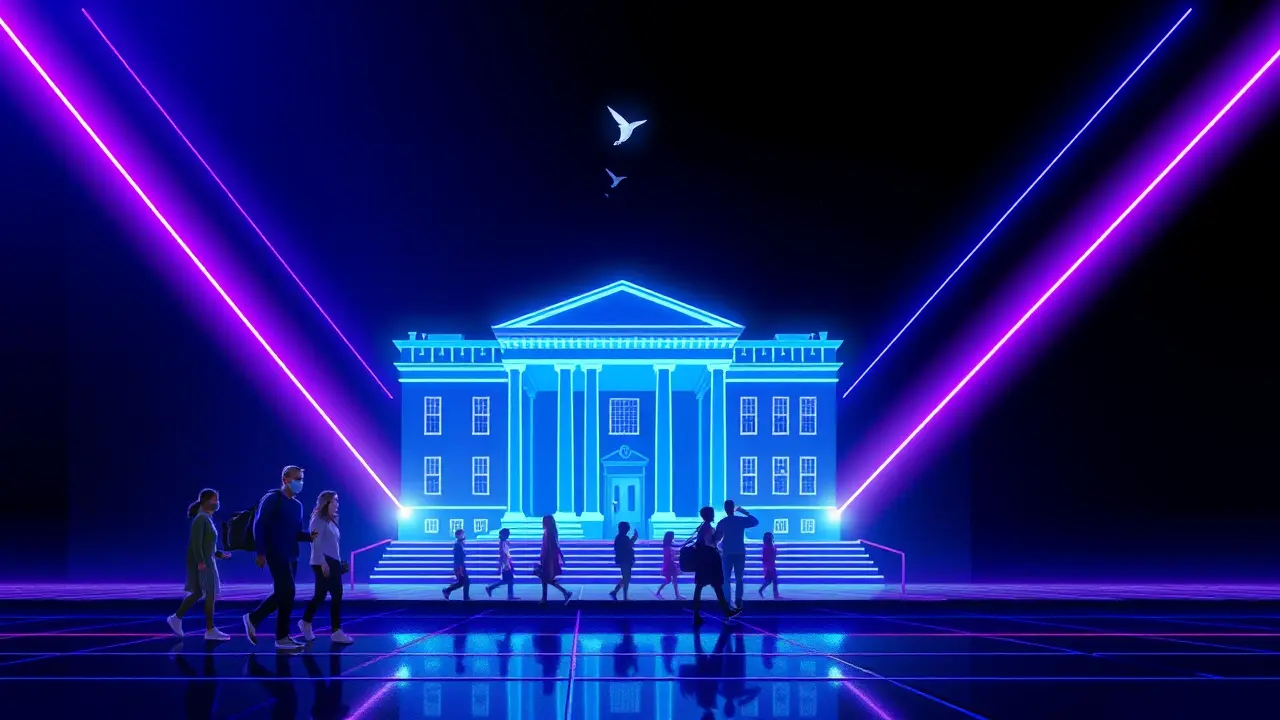
OthereducationEdTech Innovations
Uzbekistan Launches Education and AI Projects at UNESCO Conference
MI
Michael Ross
2 days ago7 min read
In a move that felt like a page torn from an Isaac Asimov novel, the ancient city of Samarkand, once a jewel of the Silk Road, transformed into a crucible for humanity's next great leap as Uzbekistan launched ambitious education and artificial intelligence initiatives at a UNESCO conference that Director-General Audrey Azoulay herself deemed 'historic. ' This isn't merely another bureaucratic gathering; it's a profound statement of intent from a nation strategically positioning itself at the confluence of its storied past and a digitized future, a living embodiment of Azoulay's observation that Samarkand has always been one of the world's 'most luminous cultural crossroads.' The projects, while not yet fully detailed in public communiqués, signal a foundational shift. Uzbekistan, a country with a youthful population where over 60% of its 36 million people are under 30, is not just adopting AI—it is attempting to bake it into the very DNA of its national curriculum, a gamble as daring as it is necessary.One can almost hear the ghost of Asimov's Hari Seldon whispering about psychohistory, for the potential consequences are galactic in scale. Imagine a generation of Uzbek students, rooted in the mathematical legacy of al-Khwarizmi—from whose name the word 'algorithm' is derived—now learning to code and train neural networks alongside history and literature.The policy implications are a minefield of ethical considerations that Michael Ross would eagerly dissect: How does a nation ensure equitable access to the computational resources required for such an education, preventing a new digital divide from cracking its social fabric? What guardrails are being erected to prevent the algorithmic biases that have plagued Western AI systems from being hard-coded into Central Asia's future? The choice of Samarkand is a masterstroke of symbolic diplomacy, a direct challenge to the dominant narrative that AI innovation is the sole purview of Silicon Valley and Shenzhen. By hosting this launch in a city that was a medieval internet of ideas, connecting China to the Mediterranean, Uzbekistan is asserting a new form of soft power, suggesting that the next epoch of human intelligence might be shaped not in sterile tech parks but in places steeped in humanistic tradition.This is a direct counterpoint to the often-alarmist discourse surrounding AI's existential risks; here, the focus is on augmentation, on leveraging machine learning to solve localized issues from water management in the arid Aral Sea region to preserving and digitally cataloging countless ancient manuscripts housed in Tashkent's libraries. The involvement of UNESCO is critical, providing a framework for ethical development and, one hopes, preventing a reckless race to the bottom.The broader geopolitical context cannot be ignored. Situated between Russia and China, and with growing ties to the West, Uzbekistan's AI pivot is a strategic diversification, a bid for technological sovereignty in a world increasingly defined by digital spheres of influence.Will it become a testbed for Chinese surveillance technology, or a partner for European human-centric AI principles? The path it chooses will resonate across the region. The success or failure of this endeavor will offer a monumental case study.If it succeeds, it could provide a blueprint for other developing nations to leapfrog traditional industrial stages, creating a knowledge-based economy from the ground up. If it fails, it risks creating a disillusioned, tech-literate youth with limited opportunities. The stakes, therefore, are nothing less than the future of a nation, and perhaps, a new model for the world, all being forged under the watchful, historic gaze of Samarkand's turquoise domes.
#UNESCO
#Samarkand
#education initiatives
#artificial intelligence
#featured
Stay Informed. Act Smarter.
Get weekly highlights, major headlines, and expert insights — then put your knowledge to work in our live prediction markets.
Related News
Comments
It’s quiet here...Start the conversation by leaving the first comment.
© 2025 Outpoll Service LTD. All rights reserved.










